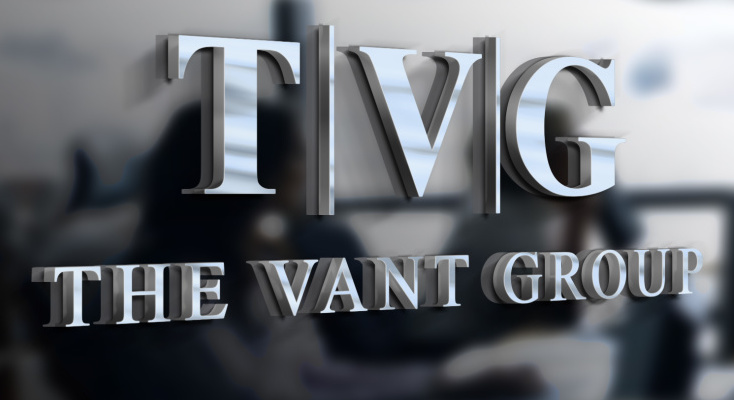BUYER PROFILES
At first glance, it can be a bit overwhelming for buyers to acknowledge the many types of buyer groups that are active in the marketplace. In reality, the different classes of buyers will be concentrated on distinct types of acquisition strategies at any one time. It is our contention that an analysis of the types of buyers and their buying parameters can aid the acquirer to focus on deals that are most suited to their needs and buying capabilities. By being more focused, buyers will not jump from deal to deal as frequently and can concentrate on offerings that they are better positioned to acquire.
The Employed Corporate Executive
The most prevalent buyer by far in the small business acquisition arena is the corporate executive. The corporate executive that is still employed is in position to wait longer for the ideal business due to his present income stream. We find that these types of buyers tend to over analyze deals and slow the buying process, from setting meetings to moving forward and presenting offers on the business. One of the main issues that hinders the employed executive is that he has to give up the security of his corporate position for the uncertainties of business ownership.
The Displaced Executive
The displaced executive buyer, on the other hand, is often the most motivated buyer. This buyer type is ready to act and is usually quick to meet with intermediaries and sellers. Still, unemployed corporate executives most likely have not owned businesses before and, like the employed executive, tend to over analyze the deal and get bogged down in their own analysis and ratios. For this reason, displaced executives often miss out to more sophisticated buyers.
Former Business Owners
Former business owners are usually tough competition for the executive or displaced executive. Former owners normally do not spend too much time with an extended analysis, know generally what to analyze and are quick to come to a buying conclusion. A former owner may have good banking connections that can give them an edge in raising money or in being able to acquire lines of credit. From the intermediary’s perspective, one drawback in working with former business owners is that they have a tendency to be very choosy and pass on many good deals simply because they are in a position to do so. In addition, former business owners have normally started a business from the ground up and might not see the value in an existing business.
Buyer Group
Buyer groups come in all shapes and sizes. The best advantage of a buyer group is that the pooling of assets enables larger purchases and provides more working capital. Buyer groups can be looking for a rate of return on investment and may want to operate the business absentee. Under this scenario, the seller may be in a good position to stay on as either an employee or consultant. Other buying groups operate the business themselves and bring in their own infrastructure to run the enterprise.
Source:
Vantarakis, Alexander and Whitehurst, William. ENTRANCE.
https://www.thevantgroup.com/product/entrance-a-guide-to-buying-a-business/


